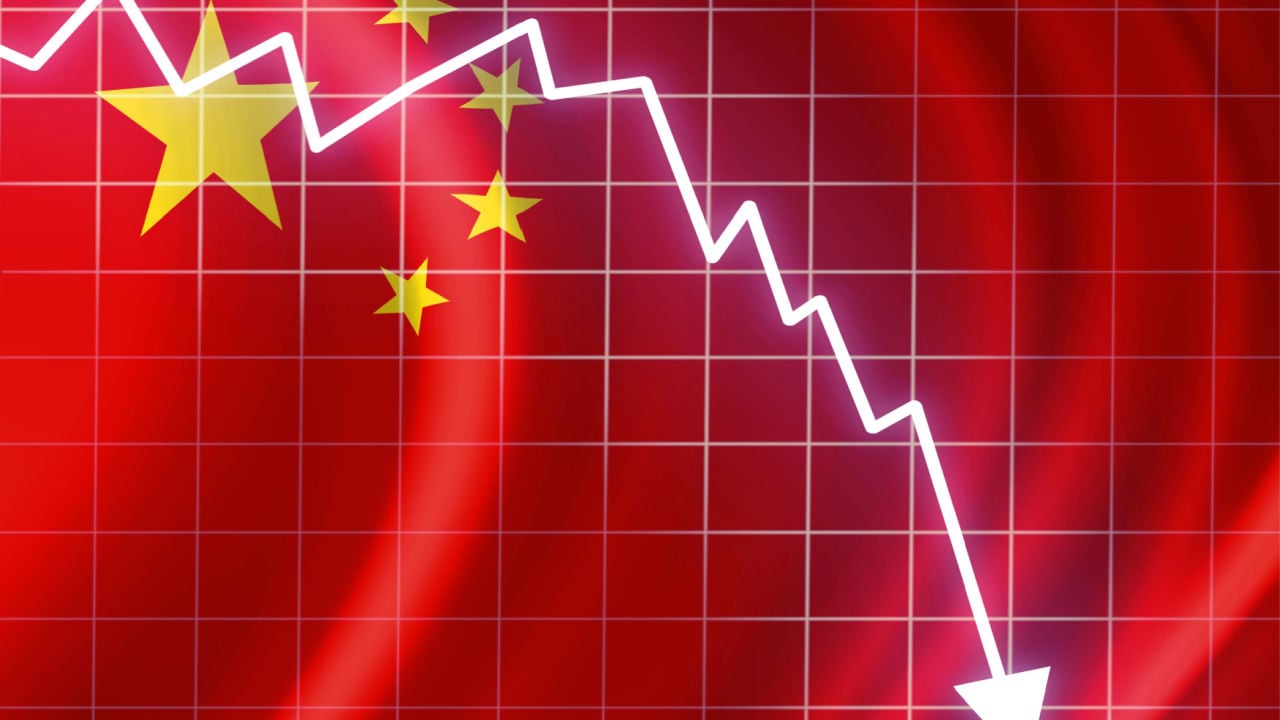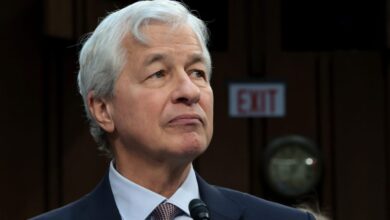China’s Inflation Falls Below Expectations, Raises Concerns of Deflation

 |
| Image Credits: Shutterstock |
China’s inflation experienced a marginal 0.1% year-over-year increase in April, as reported by the National Bureau of Statistics. This figure fell short of expectations, prompting concerns about the potential risks of deflation. Some analysts are even urging the Chinese government to distribute cash handouts as a means to stimulate consumer demand.
China, renowned for its significant global economic influence, has now witnessed its lowest inflation rate in over two years. According to data from the National Bureau of Statistics (NBS), the Consumer Price Index (CPI) increased by only 0.1% year-over-year, declining from the 0.7% registered in March.
The decrease in prices can be attributed, in part, to a decline in food and beverage prices, which dropped from 2.4% in March to below 1% in April. Core inflation, which excludes food and beverage prices, rose by 0.7% year-over-year. These numbers fall below the country’s expectations for the year, which aimed for a ceiling of approximately 3% but are unlikely to be achieved.
These figures have raised concerns among analysts who view them as a reflection of China’s slow and turbulent economic recovery following the COVID-19 pandemic. However, Zou Lan, an official with the People’s Bank of China (PBOC), dismissed these concerns, stating that there is no foundation for long-term deflation or inflation. Lan expressed optimism that consumer demand would pick up during the latter half of the year.
Standard Chartered predicts that inflation levels will reach 0% in the coming months, citing a high comparison base resulting from a crude-oil price spike in the first half of 2022. Despite the sluggish inflation, the bank anticipates a growth rate of over 5% without adjusting the current 1% interest rates.
Experts who are apprehensive about the potential for deflation have put forward various proposals to counteract it. Li Daokui, an economics professor at Tsinghua University and former member of the PBOC advisory board, has advocated for the government to distribute cash handouts to citizens in order to stimulate demand. Last month, Li stated:
“Even with a conservative estimate, 500 billion yuan in consumption vouchers will drive one trillion yuan in overall consumption.”
Additionally, the professor claimed that the state would receive over 300 billion yuan in taxes generated from the direct spending facilitated by the cash handouts.
What are your thoughts on China’s low inflation figures and concerns about possible deflation in its economy? Share your opinions in the comments section below.
Sergio is a cryptocurrency journalist based in Venezuela. He describes himself as a latecomer to the game, entering the cryptosphere during the price surge in December 2017. With a background in computer engineering and experiencing the impact of the cryptocurrency boom on a societal level in Venezuela, he offers a unique perspective on the success of crypto and its benefits for the unbanked and underserved.


